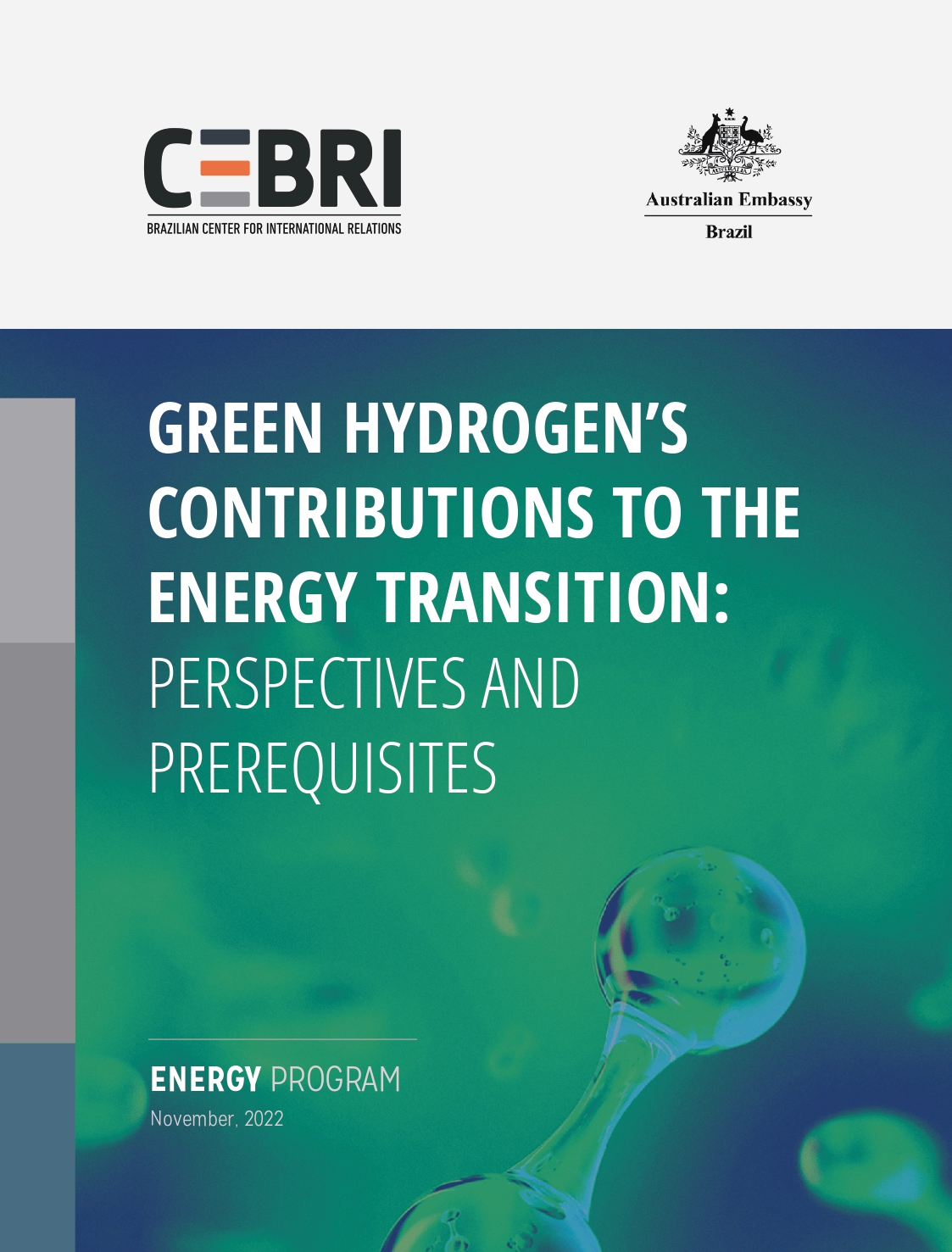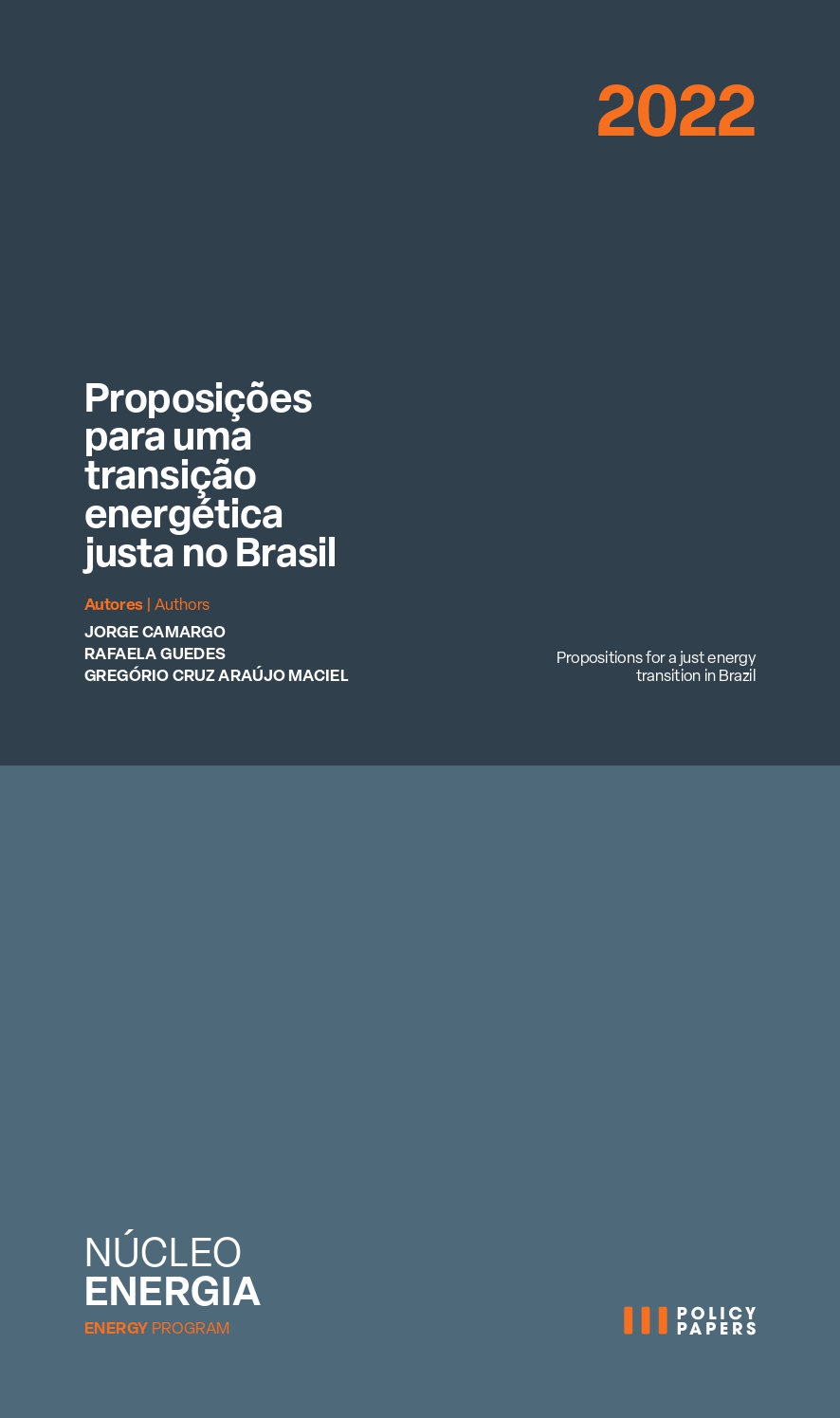Offshore wind energy has seen remarkable growth in recent years, driven by the increasing demand for renewable energy sources and the need to reduce carbon emissions. This has led some countries to invest significantly in infrastructure and technology to harness the potential of offshore winds, resulting in a substantial increase in installed capacity. The sector has benefited from technological innovations, such as larger and more efficient turbines, as well as government policies that encouraged investments and partnerships between the public and private sectors.
However, the 2023 crisis brought considerable challenges to the offshore wind industry, affecting supply chains, financing, and regulations. In response, countries utilizing this technology implemented various measures to mitigate the crisis's impacts. This included strengthening support policies for the sector, diversifying supply sources, and increasing international collaboration for knowledge and resource sharing. The actions taken during this critical period demonstrated the need for the creation of public policies to promote the sector's resilience due to its relevance in the global energy transition.
This policy paper, developed in partnership with Innovation Norway and ABEEólica, explores lessons learned by pioneering and emerging countries, as well as the public policy mechanisms that have helped overcome challenges. Additionally, it provides a comprehensive overview of the offshore wind energy sector in Brazil, with a focus on contextualizing the global scenario, identifying directions to accelerate the development of the industry and proposing market paths and strategic actions.
Offshore wind energy has seen remarkable growth in recent years, driven by the increasing demand for renewable energy sources and the need to reduce carbon emissions. This has led some countries to invest significantly in infrastructure and technology to harness the potential of offshore winds, resulting in a substantial increase in installed capacity. The sector has benefited from technological innovations, such as larger and more efficient turbines, as well as government policies that encouraged investments and partnerships between the public and private sectors.
However, the 2023 crisis brought considerable challenges to the offshore wind industry, affecting supply chains, financing, and regulations. In response, countries utilizing this technology implemented various measures to mitigate the crisis's impacts. This included strengthening support policies for the sector, diversifying supply sources, and increasing international collaboration for knowledge and resource sharing. The actions taken during this critical period demonstrated the need for the creation of public policies to promote the sector's resilience due to its relevance in the global energy transition.
This policy paper, developed in partnership with Innovation Norway and ABEEólica, explores lessons learned by pioneering and emerging countries, as well as the public policy mechanisms that have helped overcome challenges. Additionally, it provides a comprehensive overview of the offshore wind energy sector in Brazil, with a focus on contextualizing the global scenario, identifying directions to accelerate the development of the industry and proposing market paths and strategic actions.
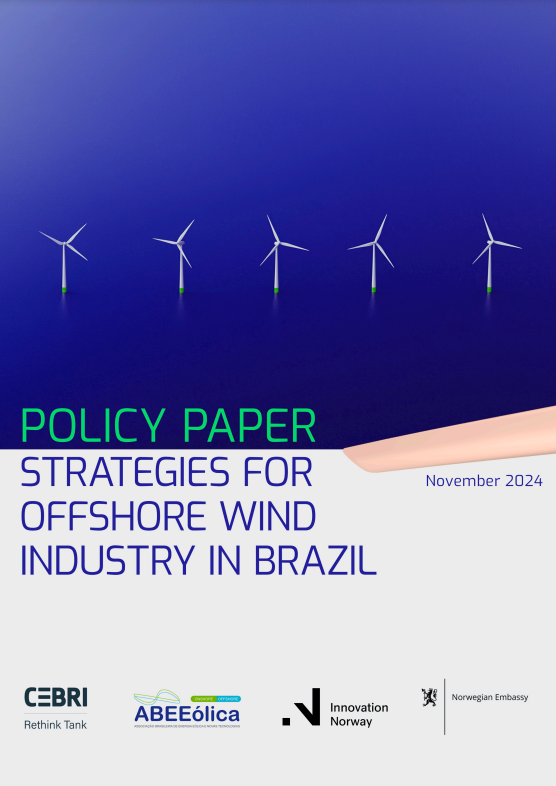

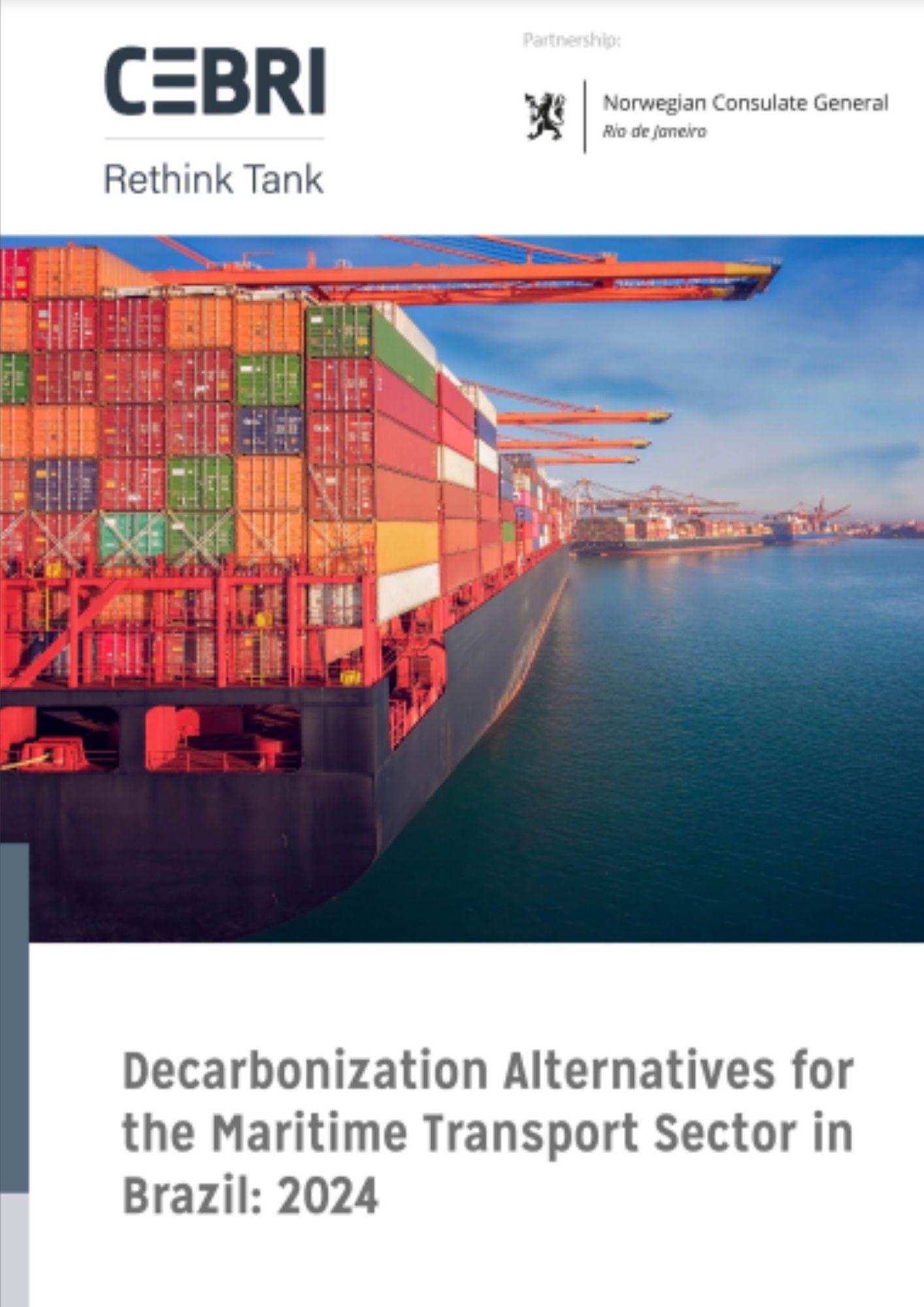

_(1)66f2c5a3aff01.png)
666b555faa3ff.png)
666b553310fe3.png)
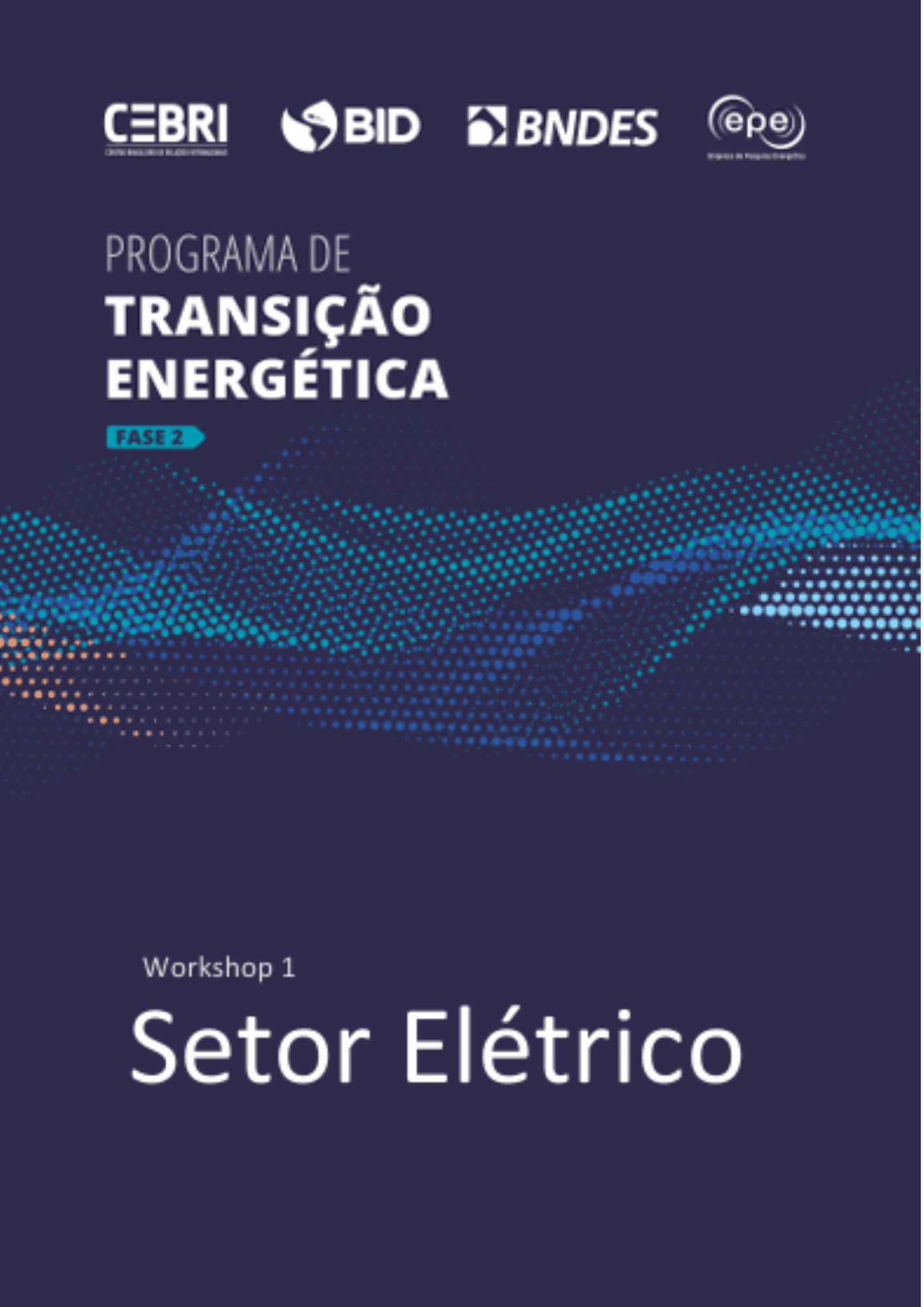
.png)
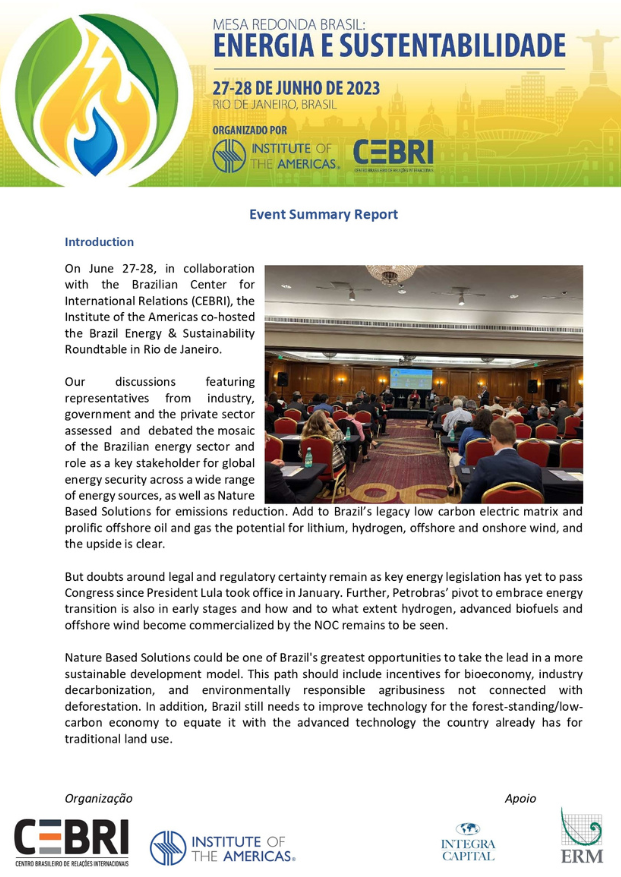
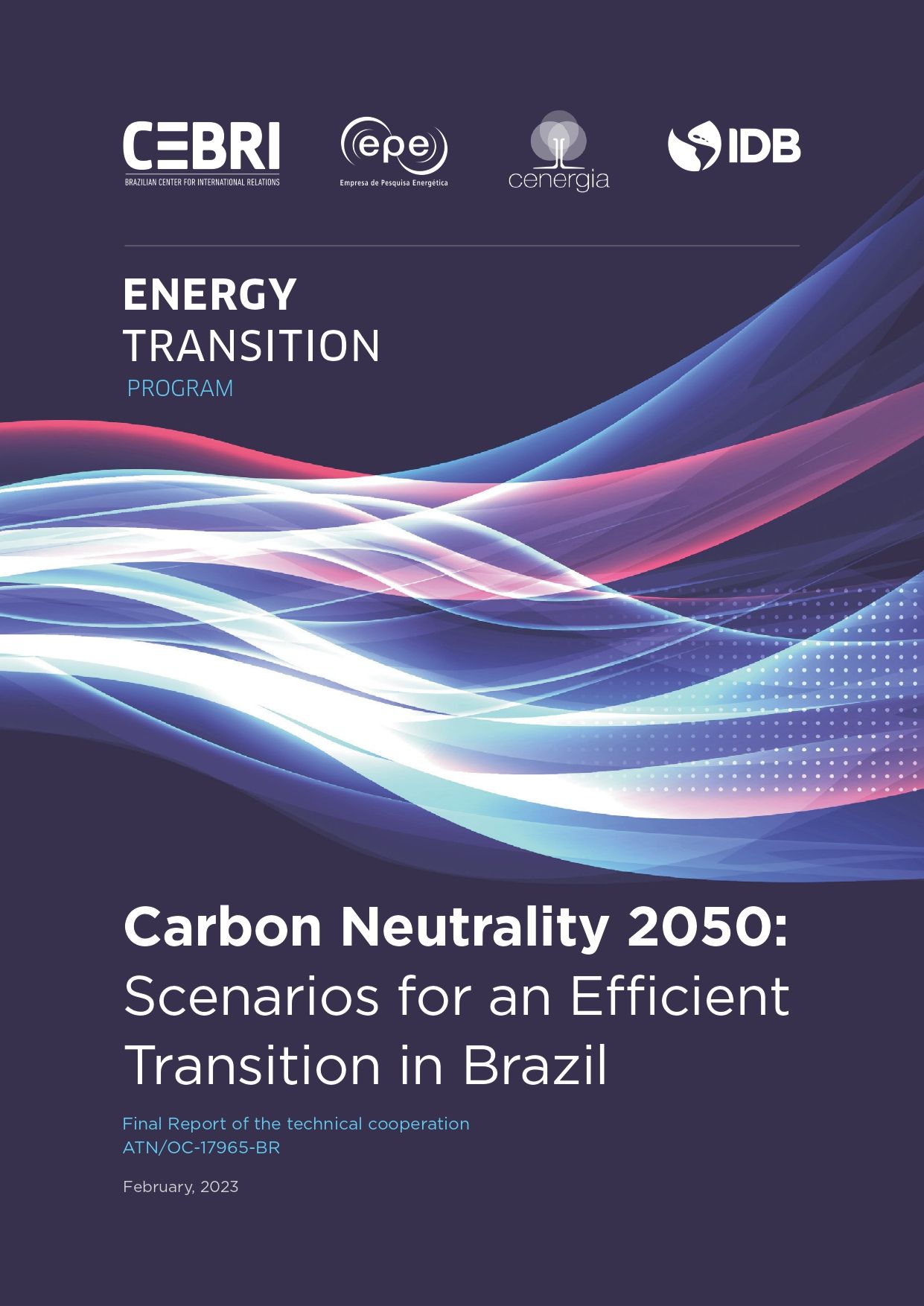
.jpg)
